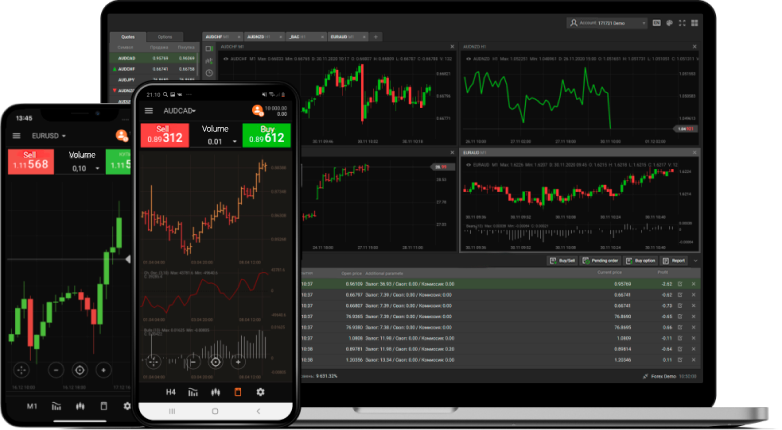- Trading
PBO Invest Trading Platform
Learn to make money, not just work, by becoming a professional trader!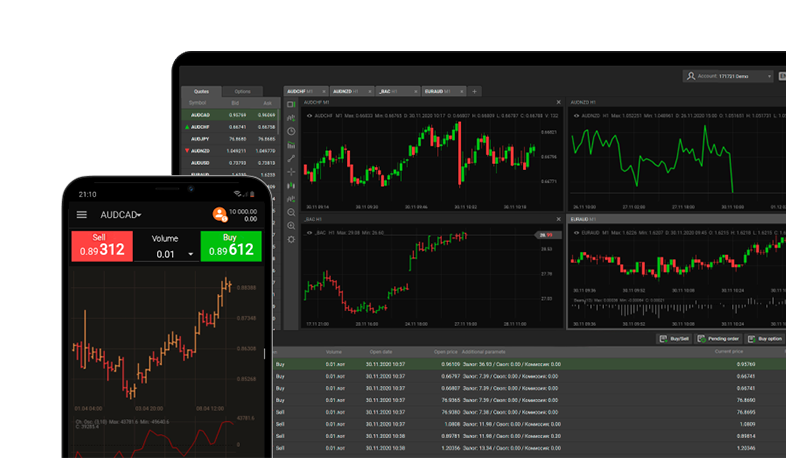
Account types
Choose an apporopriate account type and start making money.
Terms of trade
PBO Invest provides instant access to global markets on the best terms.
- Markets
Forex - rates and currency quotes online
International forex broker "PBO Invest" provides traders opportunity to make transactions on currency pairs.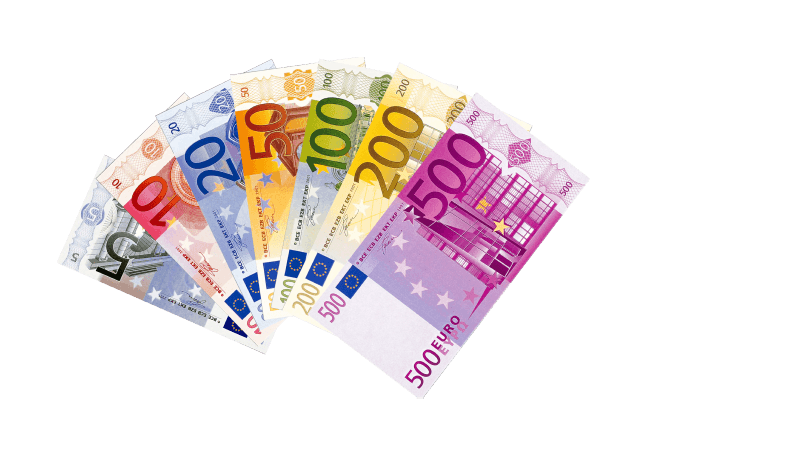
Stock quotes online
Trade multinational stocks and benefit from fast order execution and dividend payments on long-term positions.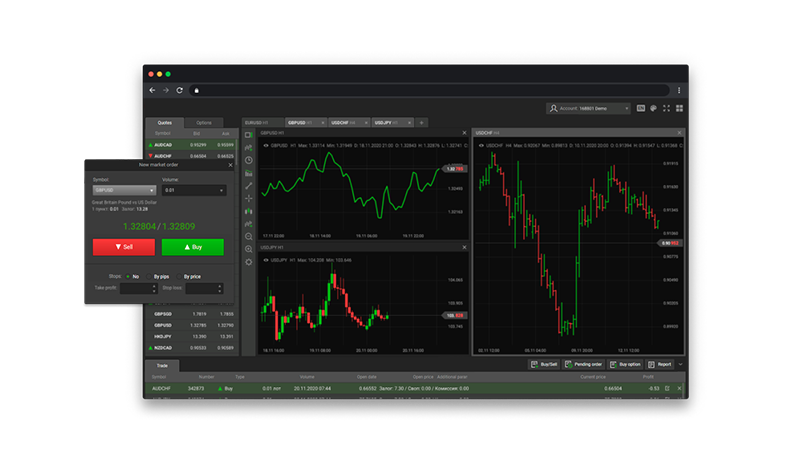
Popular soft commodities
Investing in commodities that are traded in contracts, is a reliable way to reduce risks even in case of inflation or economic uncertainty. They protect both the buyer and the seller of contracts from strong price movements that lead to large losses.
World stock indices
Trade popular indices in Europe, Russia, Asia and America.
Cryptocurrency market
Trade cryptocurrencies on the global financial market on competitive terms.
- For Clients
Market watch
Track market movements, get the latest information and forecasts from leading analysts.
Market news
Latest news, analytics and financial market events.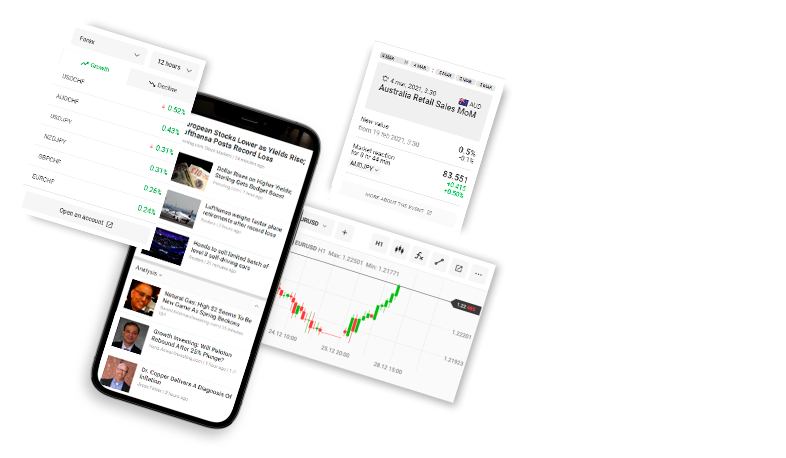
How to open an account in PBO Invest ?
Ready to start making money on financial markets? Regardless of what asset you are interested in: Forex, Stocks or Cryptocurrencies, the first thing you need to do as a trader is to register your Personal Account and open a trading account.
Tips fo traders
How to trade on financial markets with PBO Invest ?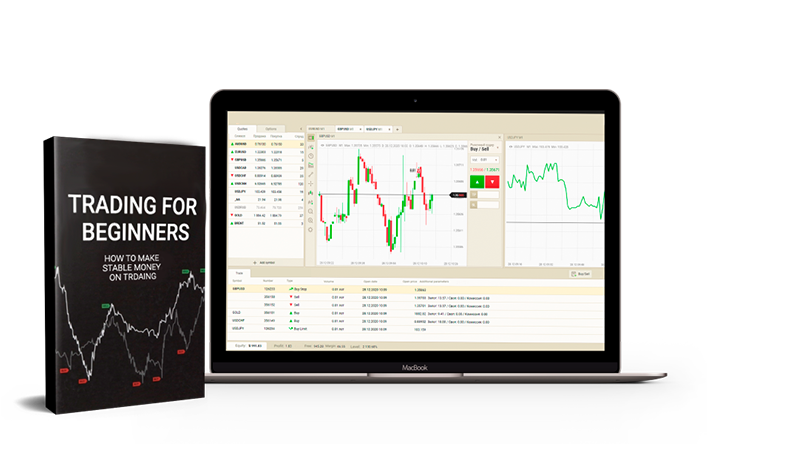
Welcome Bonus 100 USD
Register and get 100 USD starting funds for trading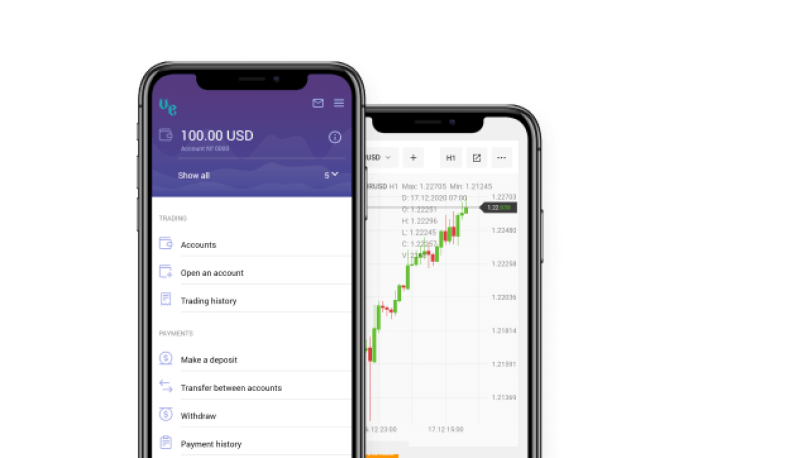
- About Us
Trade with a truly global broker!
"PBO Invest". Trade like a professional.
Contacts
Our specialists are ready to answer your questions.
Documents
List of PBO Invest company documents.
Safety of client funds is our priority!
The company is guided by international law in its activities, in particular, complying with the MiFID * standards (The Markets in Financial Instruments Directive).
PBO Invest team
Our company regularly searches for specialists on various vacancies around the world.


